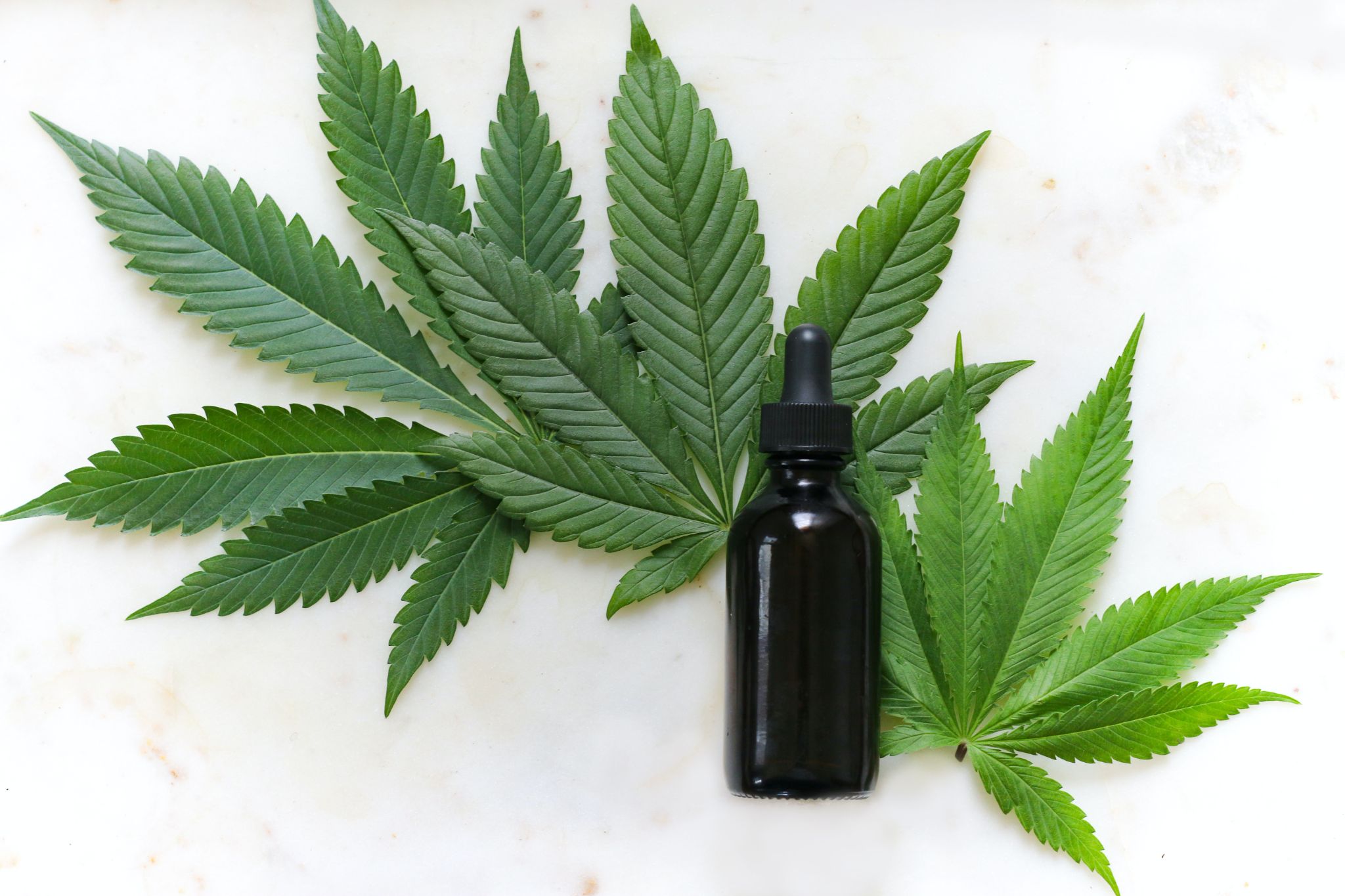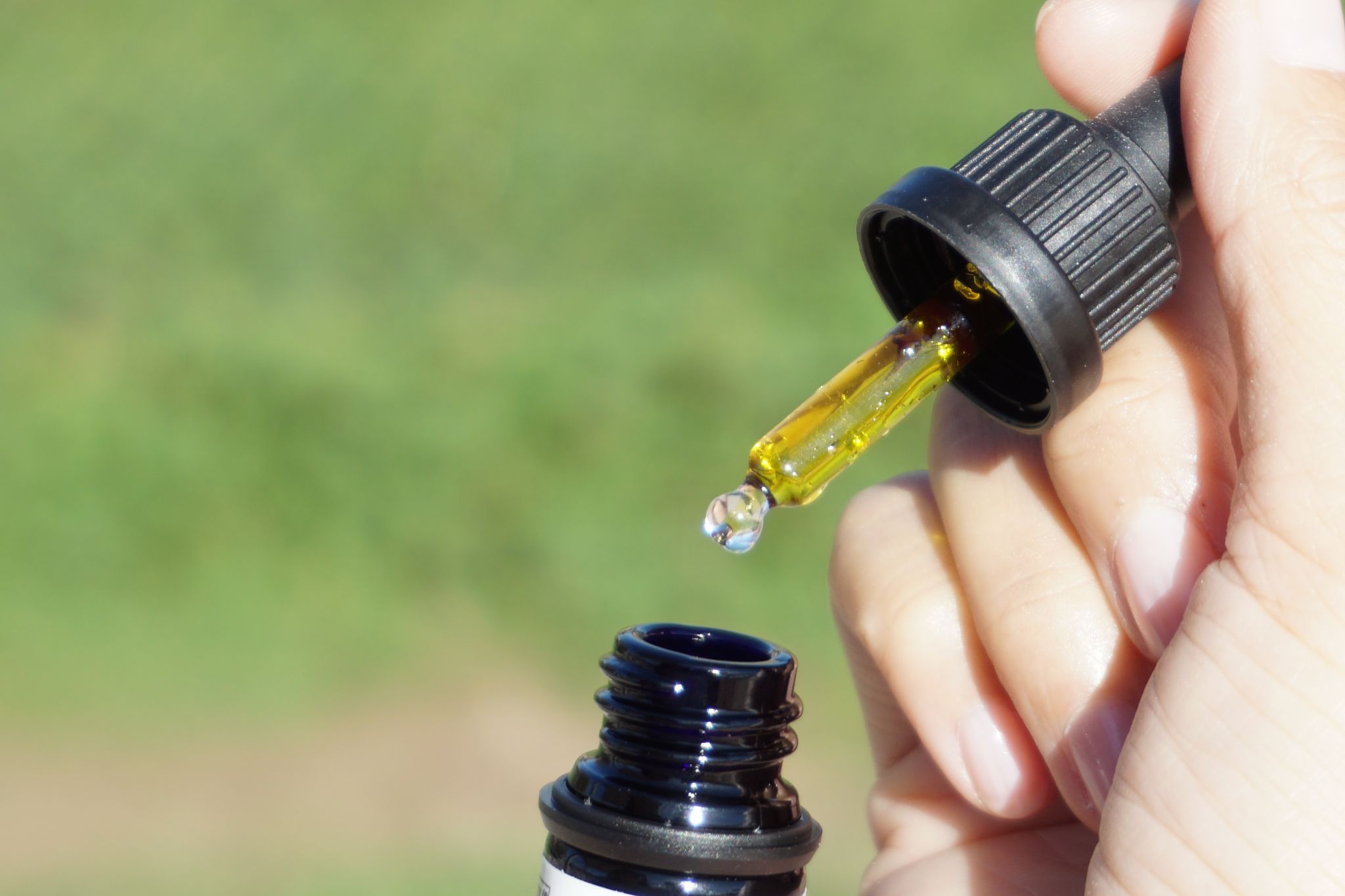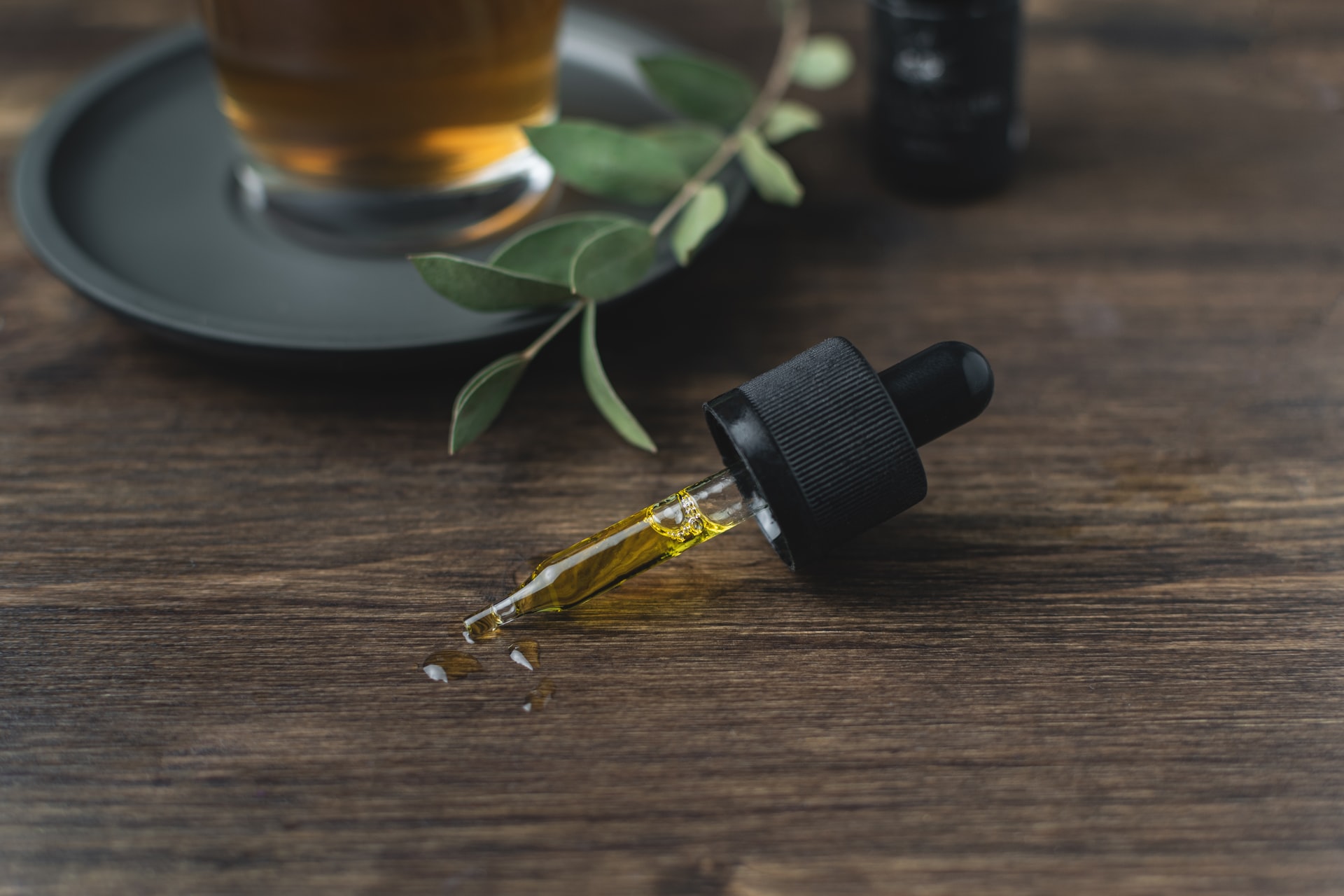The popularity of CBD-infused products over the past few years shows no signs of stopping. Here’s what you need to know about where the industry started and where it’s going.

Cannabis regulation is not only one of the most controversial topics of our time but has maintained its position at the tip of every lawmaker’s tongue in the UK for well over a decade. In fact, the legality of cannabidiol (CBD) has been considered by legislatures the world over with varying outcomes.
Even though CBD is legal in the UK and the popularity of CBD products continues to rise across the globe, it’s impossible to accurately project the growth of the industry in the UK without first zeroing in on the factors that led to its emergence and recognition.
Read on for an appreciation of the history of the UK CBD industry, its regulation, and its economic outlook.
The Past, Present and Future of the CBD Industry
The word “cannabis” is often used as a synonym for marijuana—or confused for it. Thanks in part to the popular media depiction of cannabis, chances are that a good number of people instinctively associate the term with delinquent teenagers and drug-fuelled festivals.
In a 2019 European consumer survey, 25% of the respondents believed that CBD consumption would lead to a “high”. A further 28% of the respondents simply weren’t sure about CBD. This means that over half of the respondents were either misinformed or uninformed.
Those numbers point to a general lack of awareness surrounding the issue of CBD. If a significant number of people conflate consuming CBD with consuming tetrahydrocannabinol (THC) and marijuana or “weed”, then there’s an obvious problem with the public perception of the CBD products.
When we’re talking legality and economic growth, public opinion is one of the most important factors to consider. After all, an increasingly informed public is largely to thank for the acceptance and growth of the CBD industry. In other words, the more people learn about CBD, the more they are willing to accept it and try it.
CBD Regulation in the UK
“Is CBD oil legal?”, you ask. However, the answer to that question is a resounding “yes”, subject to certain conditions. While the fanfare surrounding CBD may make it seem as though it’s a relatively new thing, this compound was actually discovered over 80 years ago, way back in the 1940s. As with all things science, it took a while for CBD to make its way to the consumers.

Contrary to popular belief, CBD was never strictly regulated in the UK prior to recent years. In fact, most of the uncertainty surrounding the consumption of CBD products had more to do with concerns about the presence of its scandalous cousin, THC, in CBD products.
Consequently, CBD products must contain a THC content of 0.2 or less. However, this limit varies across the continent. For example, Austria and Luxembourg allow up to 0.3% THC, while Switzerland’s upper limit is 1%. These differences just go to show that there is still a lot of research that needs to be done to demystify cannabis consumption.
CBD in the Healthcare Industry
Once CBD hit the shelves in the UK, much like alternative medicine, it was largely classed as a health supplement. Despite the public being relatively unfamiliar with CBD at the time, there was growing recognition in the medical community about the potential for CBD products to treat or manage a host of conditions.
What’s more, the Medicines and Healthcare products Regulatory Agency (MHRA) considered the safety and regulatory status of CBD products in the medical field. In 2016, the MHRA classed products containing CBD as medicines—as long as they were used for medical purposes.
This meant that CBD health products gained some much-needed mainstream recognition—boosting business growth and innovation. This is why CBD oil is now readily available in various concentrations and infusions.
CBD in the Food Industry
In the same breath, the Novel Food legislation was introduced to regulate food products containing CBD. According to the new law, a novel food is any food, such as CBD, that was not significantly consumed by humans in the UK or EU before 1997.
Although the European Food Safety Authority (EFSA) was generally responsible for assessing the safety of novel food, after Brexit, the UK’s Food Standards Agency (FSA) stepped into the role.
Because CBD food products were already on the market at the time that the law was announced, the government decided to allow businesses to keep their products on the shelves until 31 march 2021—after which they would be allowed to continue offering their products as long as their application to the FSA was successful.
This means that CBD-infused food currently on the shelves, for example, CBD gummies https://alphagreen.io/collections/cbd-gummies.html, has been greenlit. However, the law in Northern Ireland is still subject to EU regulations, with businesses in the region requiring authorisation from the EFSA.
CBD in the Cosmetics Industry
After the success of CBD products in the health and food sectors, CBD beauty products, including skincare and haircare products, slowly began to emerge. With the potential to address common skin concerns such as dryness, eczema and psoriasis, CBD cosmetics have gained popularity for their healing properties.
Although the UK cosmetics industry is generally highly regulated, CBD beauty products are a bit of a grey area. While there isn’t any existing prohibition against CBD as an ingredient in cosmetics, there is no reason that the safety standards of topical CBD products should fall short of existing CBD regulations.
The CBD Industry in 2022 and Beyond
In the UK alone, the CBD industry is projected to reach £1 billion by 2025, according to a recent 2019 study conducted by the Centre for Medical Cannabis—a remarkable figure considering the challenges that the UK economy has faced in recent years,
Despite the industry’s successes and enormous potential, the industry is led by relatively small companies and startups. In comparison to the pharmaceutical industry, the major players in the UK CBD industry lack the resources and capacity to scale. However, the industry’s success has piqued the interests of investors with interest in scaling production and product innovation.
A 2019 YouGov poll revealed that about 8-11% of Britons — approximately 4 to 6 million people—have tried CBD products, while over a quarter indicated their willingness to try them. While this speaks to the sheer breadth of the untapped CBD market in the UK, the public interest in CBD should be used as a cause to step up efforts to raise awareness.
Apart from the challenges around changing public perception, one of the major issues in the industry is regulation. Rather ironically, in this case, it is the lack of regulation that’s proving to be a challenge. With uncertainties regarding a change in both domestic laws and trade laws, the risk of mislabeling is very high. Therefore, it is best to opt for high-quality products from brands that are certified and whose products can be verified by third-party lab results.
Conclusion
Overall, the UK CBD industry shows incredible economic promise. Left unchecked, the industry is likely to enjoy significant growth over the next few years. While recent regulatory measures have gone some way in legitimising the industry and CBD products, it remains to be seen whether regulatory measures will hinder or help businesses.
















